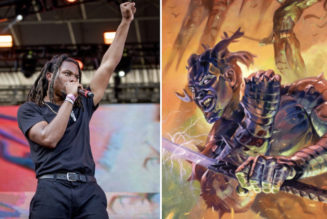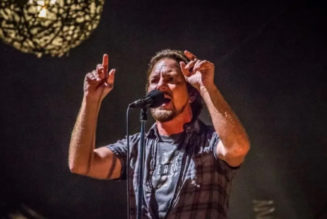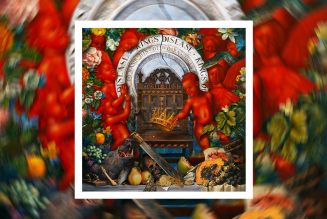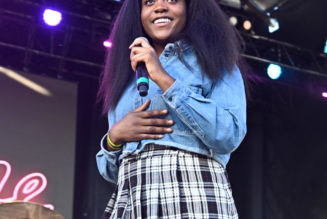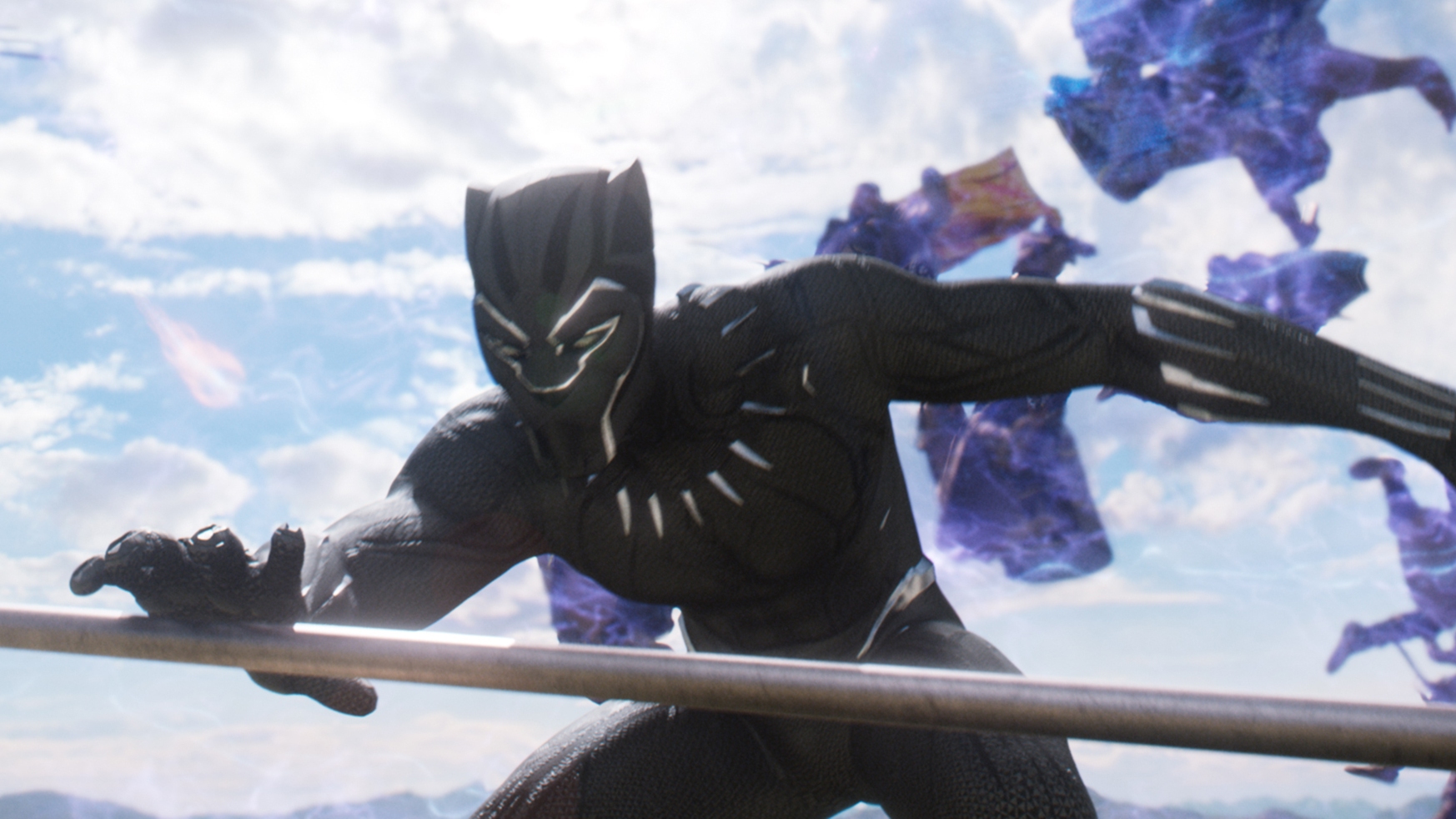
Marvel operates under top secret protocols to protect the sanctity of movie magic. So when Black Panther began taking shape under the direction of Ryan Coogler, it wasn’t just the writers and actors who were tasked with keeping what would become one of the franchise’s most acclaimed films under wraps — but also the producers, composers, and artists who crafted the music that communicated in the film’s score and soundtrack what deep-rooted emotional words could not.
Rolling Stone’s This Sound Tracks is a retrospective deep dive into the most iconic and memorable movie soundtracks. And what better inaugural episode than Black Panther to kick off the series. To celebrate Black History Month, and to commemorate five years since the film’s premiere, composer Ludwig Göransson, producer Sounwave, and Senegalese musicians Baaba Maal and Massamba Diop map out the creation of the Black Panther’s score and official soundtrack.
“Before we started creating, Ryan, he will always come in — he had this like high tech, heavy duty secret service briefcase where he can play us a few scenes,” Sounwave recalls. “He would come in and play us a car chase scene still under development. We’re just sitting there like, ‘Nah, nah keep playing the movie!’ But just so we can get the idea of how you’re supposed to feel. And that happened a lot. Whenever he had an idea for a scene he just stopped by with that briefcase, play it for us, and we’d have to figure out the music around it. To me, music is probably the second most important thing to a movie.”
Crucial to the creation of the sound of Black Panther was an understanding of what it represented, from Chadwick Boseman’s Black Panther to Wakanda as an otherworldly fictional paradise. “It was important that the sound and the music represented Wakanda in a way where you know, Wakanda is obviously a fictional country, but it was important that it’s a country that was never colonized,” Göransson explains. “But it’s also a country that has the most technology in the world. So how do you find the balance between the tradition and future and Afrofuturism and how do you do that in the music?”
The question led the film’s composer to West Africa on an on-the-ground mission to study different genres of African music to develop that essential understanding. When he arrived, Göransson ended up on the the road with Maal, who was going on a tour in the north of Senegal. They stopped in tiny villages where Maal played from around 1 a.m. until the sun was up.
“It’s a really, really deep connection between the band, between the musicians, and the people who come to see the concert,” Maal emphasizes. “They’re not just sitting down to clap hands at the end of the song. They are part of the thing. They’re connected to the thing. And the musicians know and that’s the challenge — to commit to play till the connection is really at its top. This is where it becomes really, really spiritual.”
After encountering Diop wielding a talking drum, Göransson created the sound of T’Challa, taking layers of the same instrument with highlighted solo performances to sonically depict the complexities of a superhero and the weight on his shoulders. “The talking drum is very, very, very important in Africa,” Diop says. “The talking drum made the role of telephone. They send the message from village to village — no text message, no email, technology not like now.”
Between the score and the official soundtrack — with original songs performed or curated by Kendrick Lamar — Black Panther‘s composers and producers found a link between tradition and futurism.
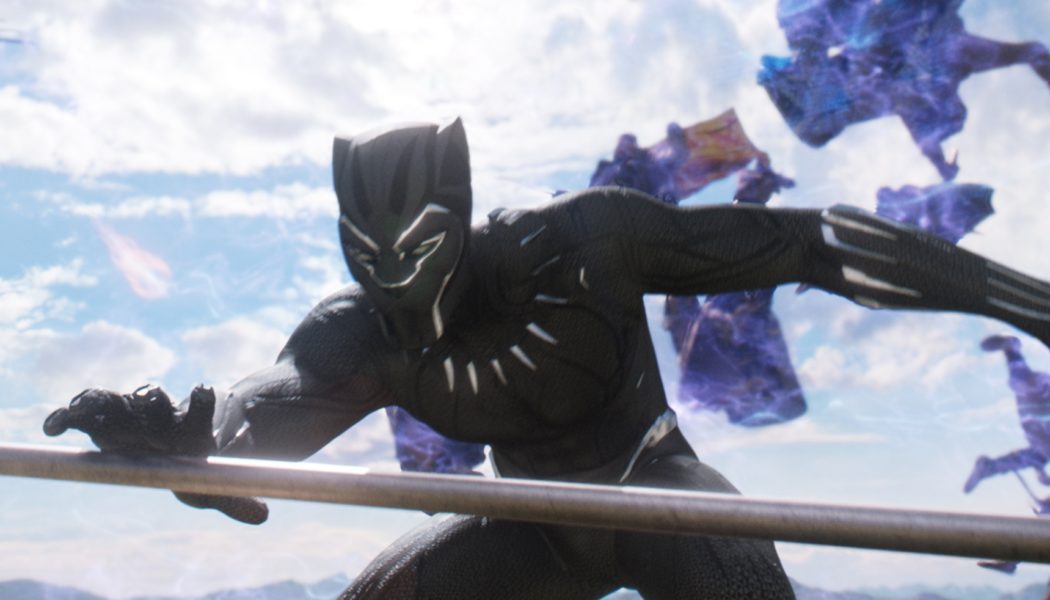
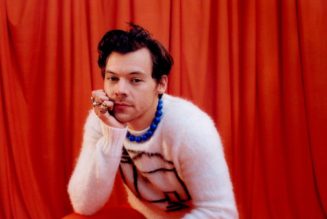
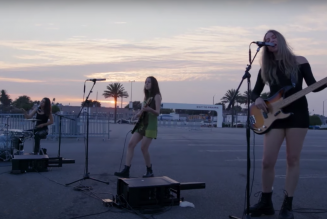
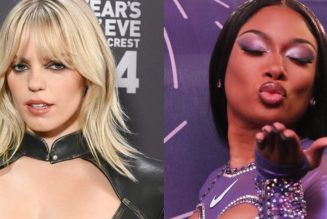
![Kanye West Did The Absolute Most During Virtual Lawsuit Deposition [Video]](https://www.wazupnaija.com/wp-content/uploads/2024/12/kanye-west-did-the-absolute-most-during-virtual-lawsuit-deposition-video-327x219.png)

